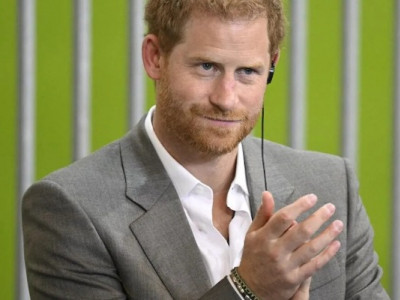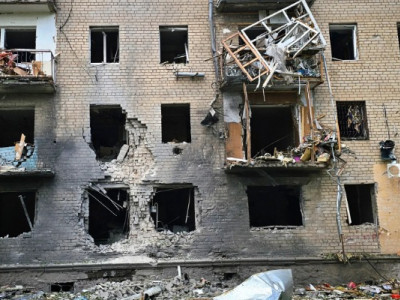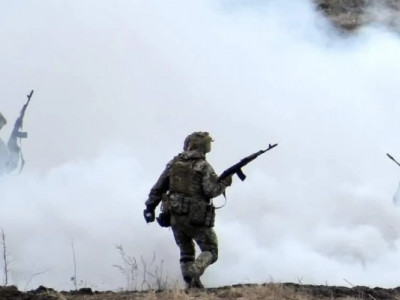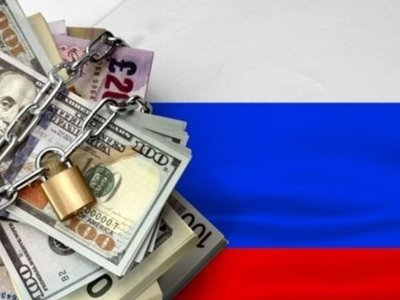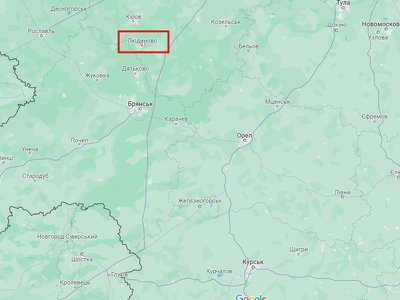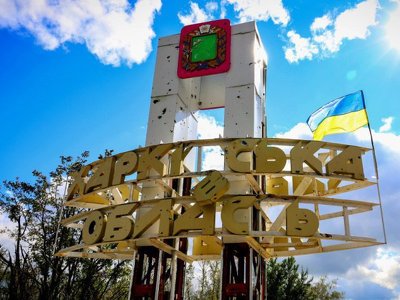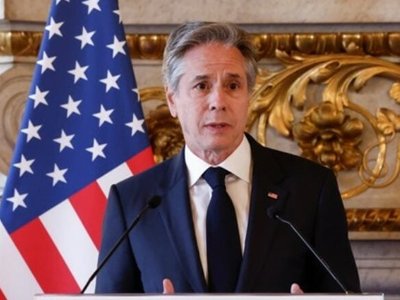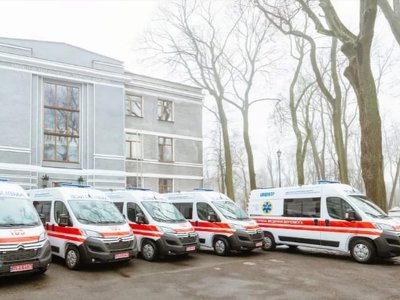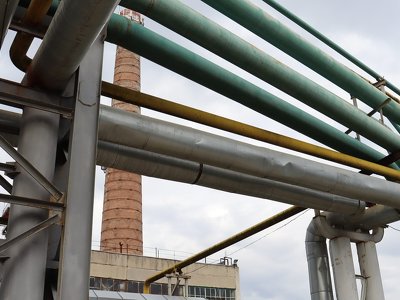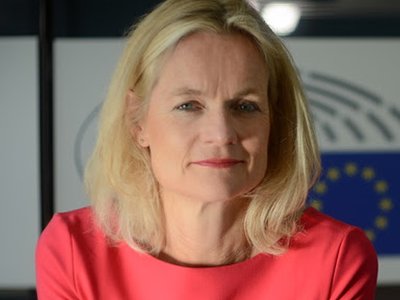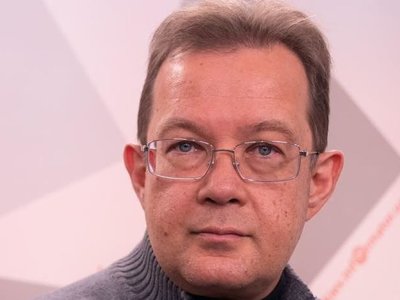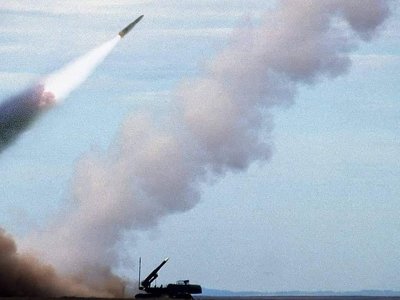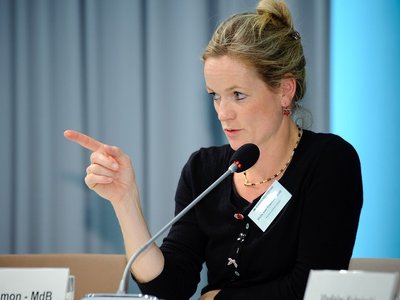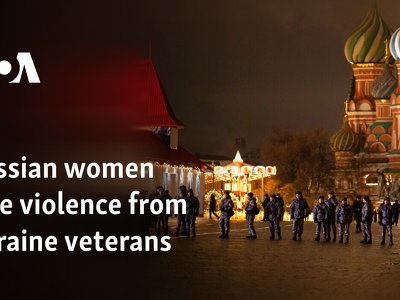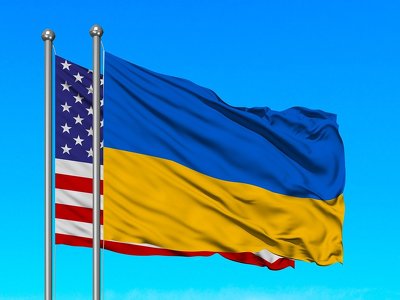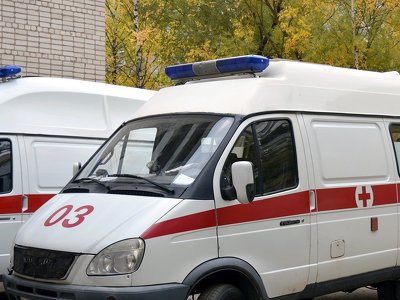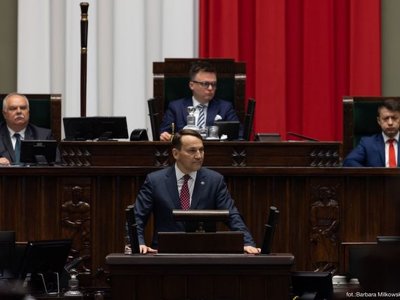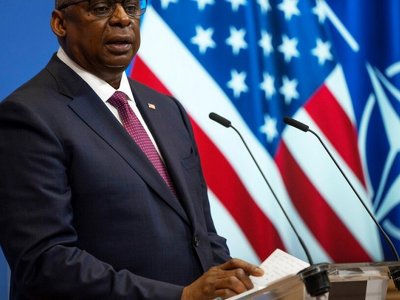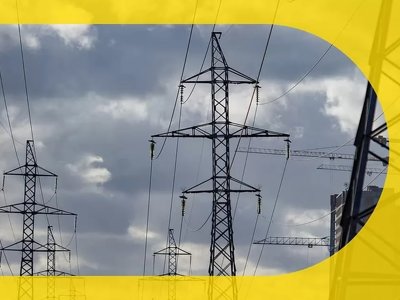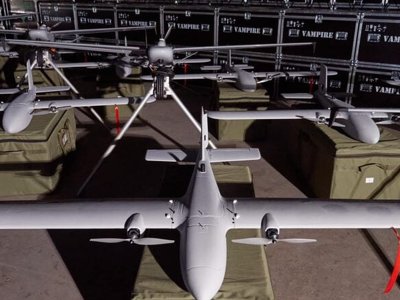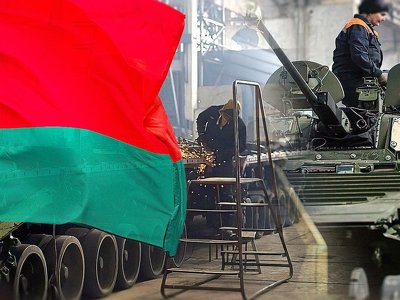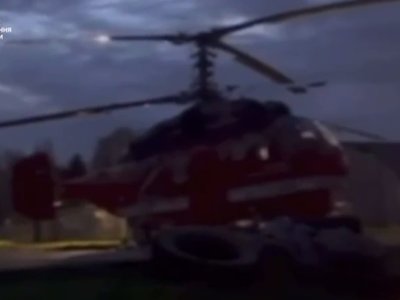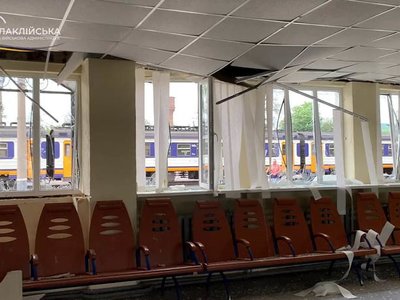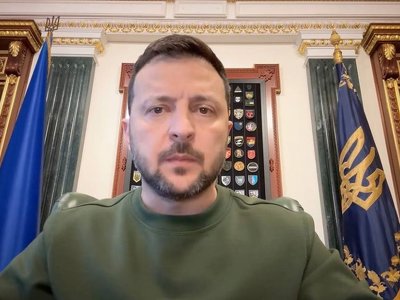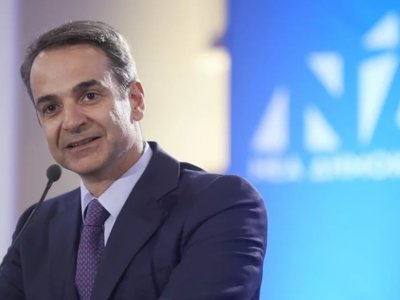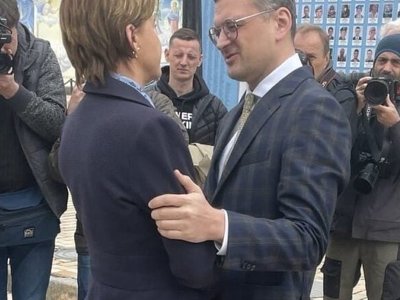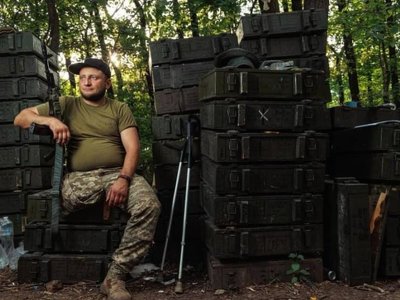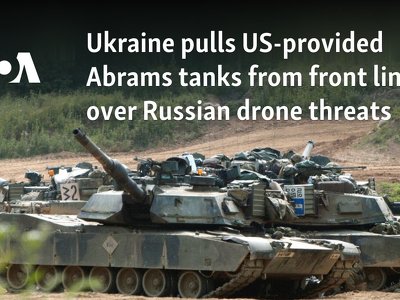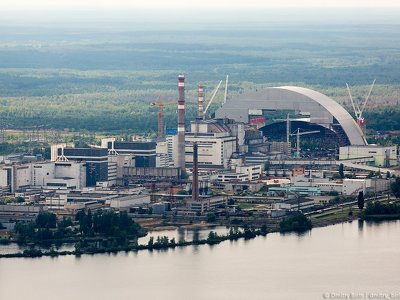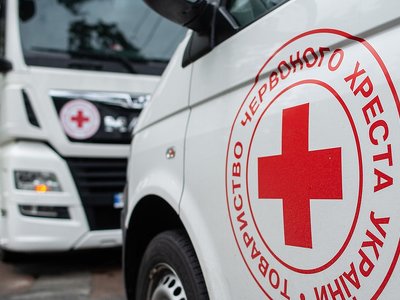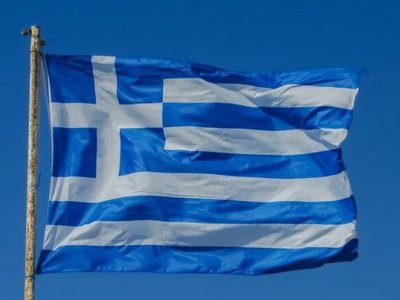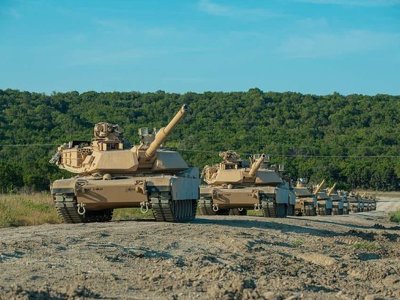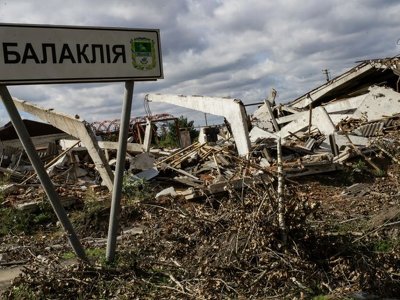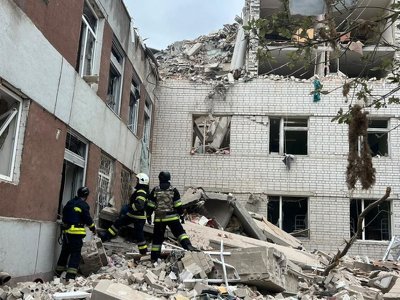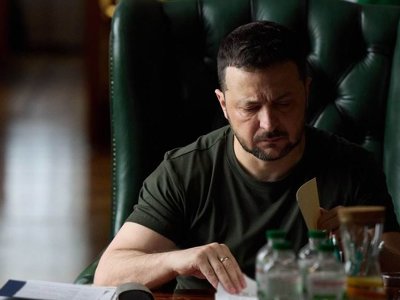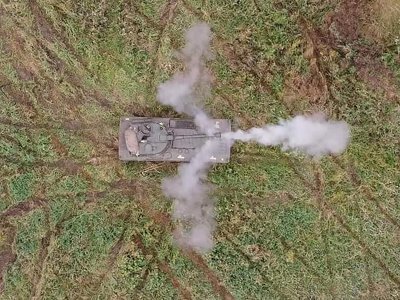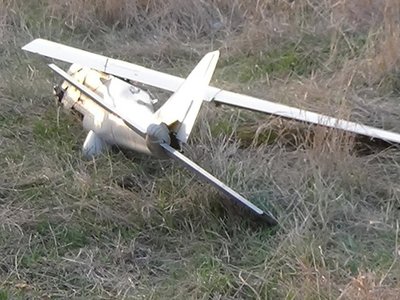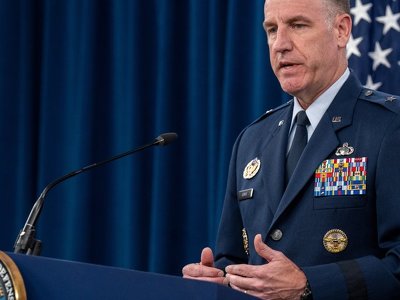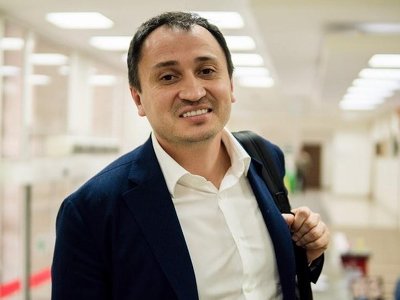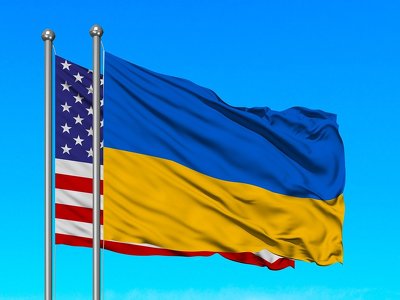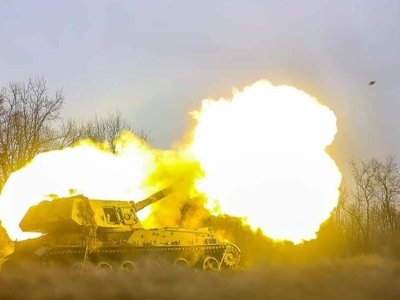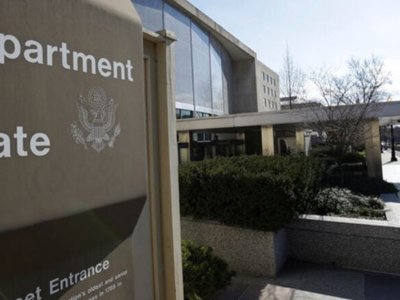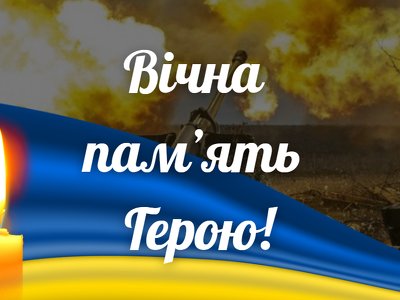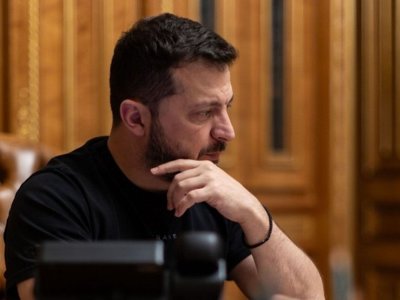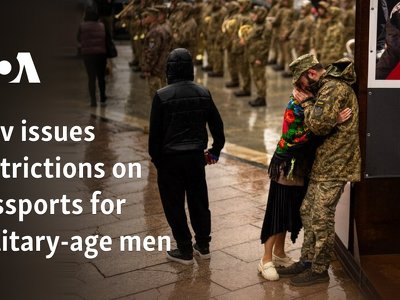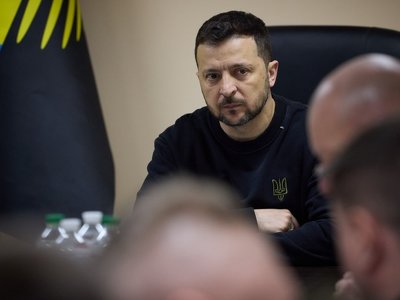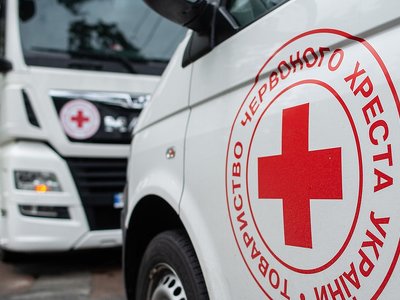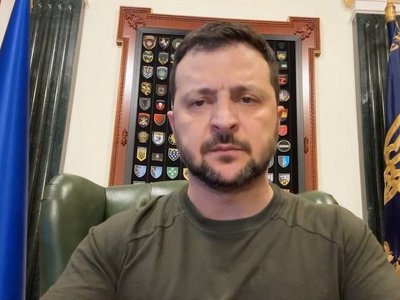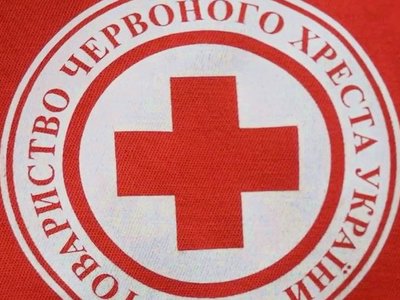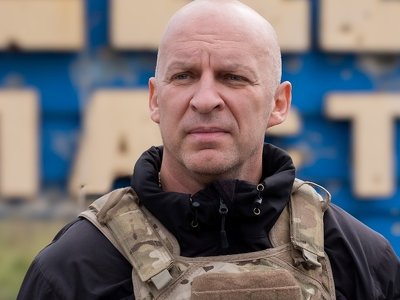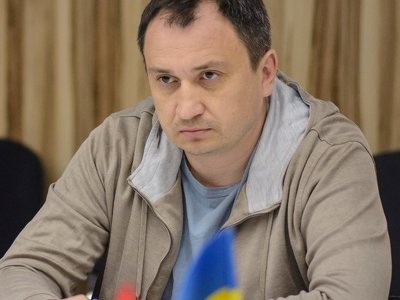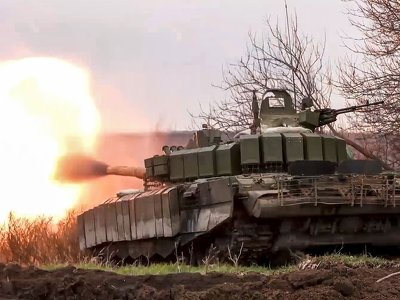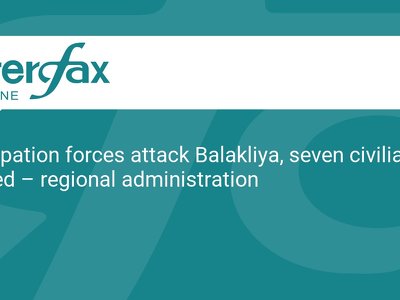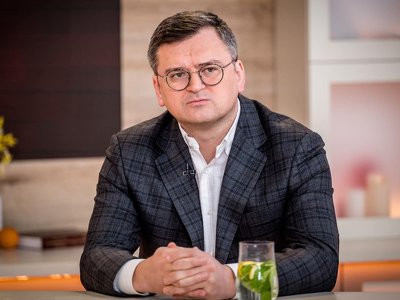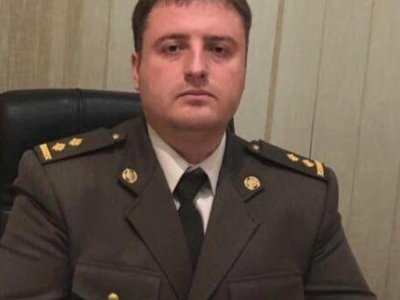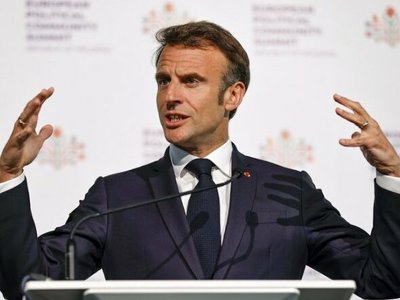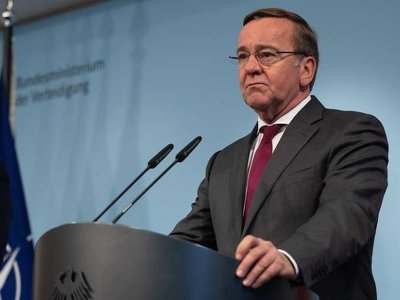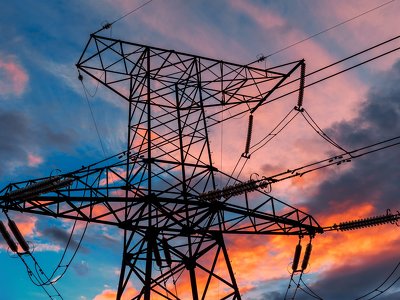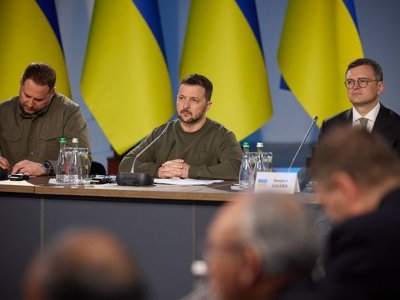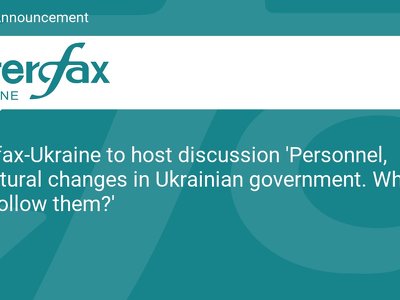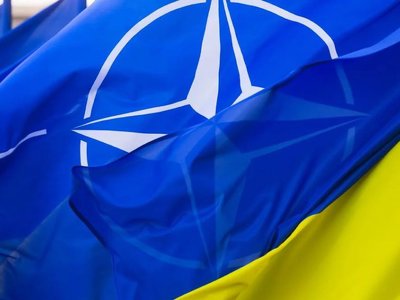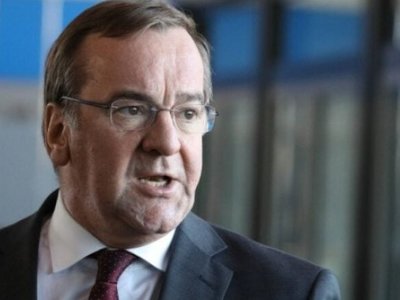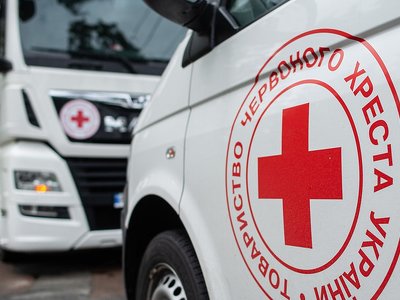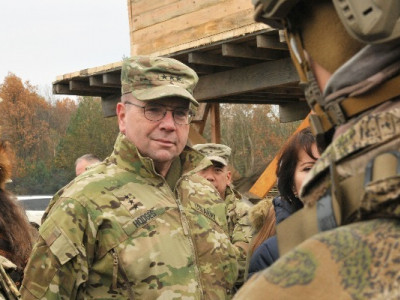U.S. General Ben Hodges: Lukashenka Must Know He Will Be Held Accountable

U.S. General Ben Hodges: Lukashenka Must Know He Will Be Held Accountable65.11.2025, 11:56 5,338 Ben HodgesPhoto: Getty ImagesThe former commander of the U.S. Army in Europe gave an exclusive interview to Charter97.org.Retired U.S. Lieutenant General Ben Hodges — former commander of U.S. Army Europe and a veteran of the wars in Iraq and Afghanistan — spoke in an exclusive interview with Charter97.org about the main vulnerability of Russian forces, commented on the hybrid attacks by the Lukashenka and Putin regimes against Lithuania, and called on the West to take more decisive action.— Recently, Russia has dramatically increased its provocations in the European Union with multiple drone and jet breaches of NATO airspace. What Russians are up to?— These gray zone operations that Russia is launching against NATO countries, are designed to scare people away and to distract countries from supporting Ukraine, to put pressure on governments to stop supporting Ukraine. That is the first objective from the Russian side.The second objective is to destabilize countries so that people lose confidence in their governments and they lose confidence in each other. Disinformation, messing with the elections, support for extremist organizations — all these are part of an overall gray zone operation designed to destabilize Europe.Finally, I look at these as tests. They are probing to find out how good our defenses are, how quickly we can respond. Can we identify what they are doing and do we have the will? So far, it doesn't look like we even have the will to really take the steps needed to inflict consequences on them. Until the Kremlin suffers some consequences for what they are doing, this is only going to continue.— In the recent weeks, Vilnius Airport repeatedly experienced major disruptions as dozens of weather balloons flew in from Belarus. How should the EU react to this hybrid activity with active participation of Putin's ally, Lukashenka?— I think, closing the border was a correct step by Lithuania. I wonder if Frontex can play a stronger role here, as part of protecting the borders of the European Union. That would include violations of airspace, I would imagine, especially something like balloons. I think it is not impossible to identify where these balloons are coming from. If you put enough resources on surveillance you should be able to figure out their point of origin. And then you find ways to make it difficult for Belarus to allow this to continue happening. I don't think these are just smugglers. I think this is something that, if not organized, it certainly is tolerated by the regime.— Lukashenka publicly admitted that Belarusian border guards "surely saw" the balloons flying from Belarus to Lithuania and decided "to let them fly". How do you make it difficult for the regime to continue with this activity?— First of all you have to change the narrative. Use your sensors, radar and other devices to figure out where they are coming from so that you can attribute this to somebody some place in Belarus. This is the problem when you are talking about gray zone operations. They always do things in such a way that makes it not so obvious who is responsible, just like the shadow fleet vessels. They are not flying a Russian flag, but everybody knows they're carrying Russian oil, and most people realize that most of these ships are not properly flagged or insured or registered.I think, this should become a point of effort, not only for Lithuania, but also for Frontex — to use your resources to identify and then make sure that the government in Belarus knows that they are going to be held accountable, there is going to be a price to pay every time this happens, and whether we are talking about closing the border or making it more difficult. People in Belarus love to come to Lithuania — you stop that. There are still a lot of tools: sanctions. Then, I think, there are people inside Belarus who would love to do things to help disrupt these activities. Broadcasting the locations where these are happening, shining the light on this, I think, would help disrupt it.— You have mentioned that one of the presumed Russian aims in increased provocation was destabilization of the European governments. Could that be a preparation for actual aggression or it seems more like a diversion of attention?— It is not either/or — it can be both. I don't know that there is a timeline but Russia has said openly what they want: it is Moldova, Estonia, Latvia, Lithuania and the destruction of Ukraine. So, clearly, if they see an opportunity created by this destabilization, especially if we allow Ukraine to fail, then, I think, the risk of Russia taking the next step goes up.— If Ukraine were to fail, is the EU ready militarily for the new challenges of modern warfare with drones and modern technology?— It is not the role of the EU. That's why you have NATO - a defensive alliance. The countries inside NATO, most of whom are also in the European Union have to continue working as part of the alliance so that they can do their task in accordance with the various general plans that the alliance has approved. Each nation has a responsibility to be able to defend itself.Are they ready? No. Are we better than we were a couple years ago? Yes. Being ready is not a destination, it is a process: constantly training, constantly modernizing. Almost none of the armies have all of the people that they think they need. Air and missile defense is something that has got to be practiced. We have not trained on that enough. It is an endless amount of things that have to be done. But that is the nature of the deterrence — the Russians have to believe that the nations are getting prepared, that Russia would fail if they did attack.— Thinking of Russian activities over the past month: Denmark, Estonia, Poland, Lithuania, Belgium, Netherlands — aren't those countries are more aware and more eager to prepare for future aggression instead of getting scared and going away from Ukraine?— The governments certainly are, but the target is certain parts of the population. The Russians have been infiltrating. One of the largest political parties in each country, tend to be right-wing, pro-Kremlin and anti-support for Ukraine. Even though those countries you just named are supporting Ukraine, you've got a growing political movement inside each one with Russian support that tends to be pro-Kremlin and is against providing support for Ukraine. This is all connected.— If the US Tomahawks were provided to Ukraine, would it make a difference on the battlefield?— That would be a significant addition to what Ukraine has already for destroying Russian oil and gas infrastructure. Ukraine, I think, has a theory of victory. It includes destroying Russian oil and gas infrastructure because that is how Russia pays for this war. If you can destroy that or severely disrupt it (plus disrupting the flow of the shadow fleet vessels carrying Russian oil to China and India) it becomes much more difficult for Russia to pay for the war.Tomahawks would be a significant addition to what Ukraine has produced themselves with their own cruise missiles and long-range drones — especially if there were a lot of them. If it was just 10, 20 or 50, that would not really make a big difference overall. But a few hundred — that can begin to really make a significant difference. So, I think it is a mistake for the United States not to provide them, just like it is a mistake for Germany not to provide Taurus. These long-range precision capabilities would help to give Ukraine the capability it needs to be able to not only destroy oil and gas infrastructure, but also destroy Russian logistics, air airfields, headquarters — if you can destroy those things, then it almost doesn't matter how many troops the Russians have.— How do you see things strategically? It is clear that on the frontlines, there is a stalemate. Yet, Putin is playing a long game: he has a lot of human resources, they ramped up the military industry. On the other hand, Ukraine targets oil and gas infrastructure. How does the balance look like strategically speaking?— Think about this, this war has been going on for 11 and a half years, and Russia had every advantage, and they still only control about 20% of Ukraine. They have been fighting for Pokrovsk for over a year, have lost hundreds of thousands of casualties in the area. Even if they eventually do take Pokrovsk, then what? Russia just does not have the capability — it does not exist, in my view — to break through Ukrainian defenses. There is a sort of a stalemate there.In the meantime, Ukraine is prosecuting a different kind of war at the operational level, which is targeting Russia's oil and gas infrastructure in order to prevent it from being able to export to China and India. To me, that is the right direction, and it is where all of us should be supporting them, either by investing in Ukrainian defense or providing those capabilities.Ukraine has challenges. They also are suffering a lot of casualties, and Russia is relentlessly attacking Ukraine's power grid and civilian targets. This is not something you want to go through for year after year after year. I don't want to put a time on this but I am sure that if you and I talk next year, it will probably look a lot like it does now unless something significant happens externally to either side.— In this long war of attrition what are Russia's vulnerabilities?— The Kremlin seems to avoid recruiting from St. Petersburg and Moscow. They do most of their recruiting from out in all other parts of the federation because I think they would like to avoid having a lot of funerals in Moscow and St. Petersburg. So, those two metropolitan areas don't seem to have been touched that much by casualties. That tells me that the Kremlin is concerned about public opinion, but it's not the kind of thing where people are going to be protesting in
- Last
- February, 05
-
-
-
-
- April, 28
-
-
-
-
-
-
- April, 27
-
-
-
-
-
-
-
-
-
News by day
5 of November 2025
